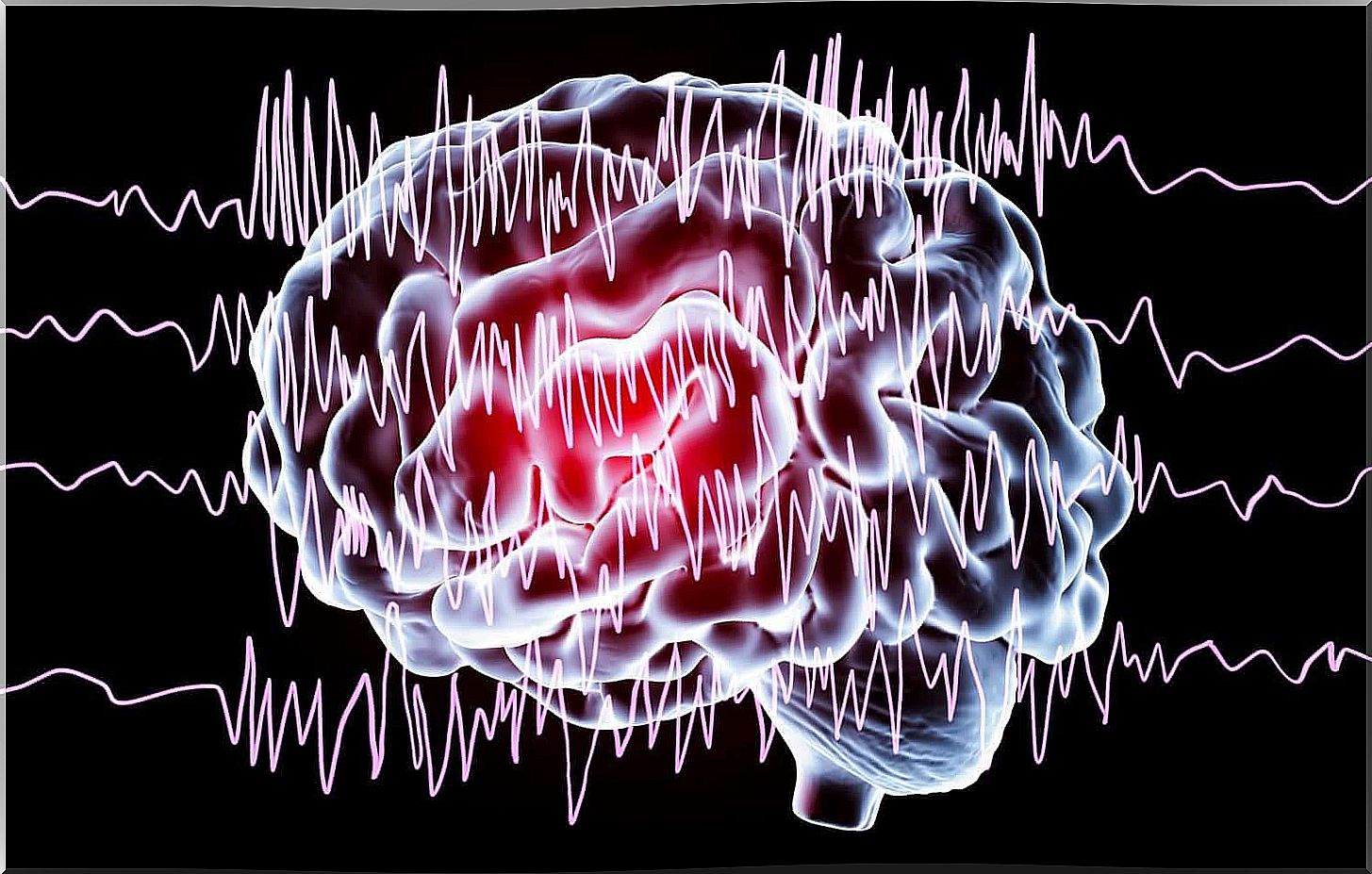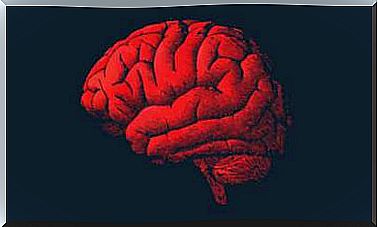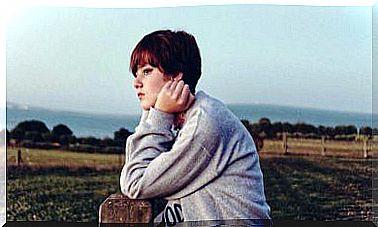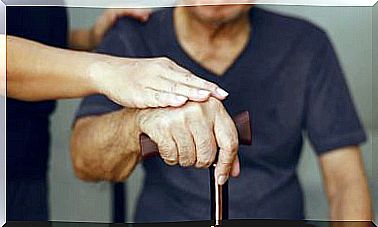Exercise For Our Brain

Among other “secrets”, Fernández Ibáñez affirms that routine and stress are two of the most determining factors in the aging of the brain and that learning one or more languages can mean a delay of up to five years in the appearance of Alzheime’s disease r. In turn, we need to exercise in order to train the mind, expand its potential, and improve concentration and memory.
The physical exercise is good not only to preserve the good health of the organism, but also to be able to improve the cerebral functions. Sports or training activities are necessary to expand the potential of the mind. It is necessary to learn “how to invest in our brain” before it is too late, that is, when it is still possible to avoid chronic depression or Alzheimer’s disease. Anyone can develop their brain and enjoy these main benefits: learning things faster, managing stress, tackling increasingly complicated topics, and delaying memory-related problems.
Cardiovascular exercise is important. While it does require a bit of effort, the benefits are truly spectacular. It is not about walking, but about brisk walking or jogging, at least two or three times a week. Every day, our body creates neurons no matter how old we are, but it is proven that doing physical exercise increases them even more. Our brain, then, also needs to go to the gym.
In this way, the way new neurons connect with old ones is more efficient. And the more we use them, the more they get stronger. It is not just doing sudokus or crosswords (which are undoubtedly very beneficial), because there comes a time that is not difficult or challenging for us. The ingredients of an effective mental exercise is that it requires some difficulty, that it is not part of the routine, that it becomes a challenge. If it is something easy or that we have done many times, it is training, not mental stimulation, and that does not help.
Stress management is another issue that we must take into account. A balanced dose of stress makes us be alert, but an excess is counterproductive because it causes, among other factors, the death of neurons, reduces the creation of new ones and does not allow us to perform our work correctly.
Routine actions and excess television are two counterproductive elements for good brain development. Perhaps it could be said that they are the most “intimate” enemies. What differentiates the human mind in relation to animals is its ability to be flexible. This means that it adapts to any circumstance, but at the same time, it is more vulnerable if we do not know how to exercise it correctly. He adapts to new ways of learning, so television and routine are not good. It is not bad to relax a little when we return from work with a football game or a movie, but it becomes counterproductive to spend more than four hours a day in front of the so-called “silly box”.
On the other hand, studies have shown that bilingual education or learning a language is more than beneficial for our brain, both in the short and long term. It favors mental flexibility, allows faster decisions to be made (compared to a person who does not know other languages). In turn, those who practice languages throughout their lives can delay the damaging effects of Alzheimer’s for five years. It is certainly a very good thing considering that a cure for this disease has not been discovered. At least in this way, symptoms appear later.
The brain is malleable and can learn even in the last moment of our life, although the rate of neuroplasticity is lower. For this reason it is said that a child has more capacity to learn than an adult or an elderly person, since little by little those skills of memorizing, understanding or paying attention are lost.









